The Key Components of SEO for Beginners
In today’s digital world, nearly all businesses, brands, or individual ventures depend a lot on being visible on the internet. Out of millions of websites fighting for attention, what is your plan to ensure your website shines bright? It all comes down to SEO. Search Engine Optimization, often abbreviated as SEO, is an effective way that can change your website’s search results dramatically. However, understanding how search engines work and why optimizing your website is necessary before diving into the specifics of SEO is key. A good SEO strategy can get organic traffic flowing into your website, increase the ranking of your site, and help you attain your business objectives in the end.
Keyword Research: Keyword research forms the foundation of any SEO strategy. This essentially refers to finding those terms and phrases through which your target audience will look up the content on the internet. With the research done on keyword identification, one understands what is necessary for a given set of the target audience’s needs and interests. Once this is known, the relevant keyword will enable more effective optimization in improving relevance in terms of discoverability for the search engine
On-page SEO: This is the type of SEO whereby you apply your techniques directly to your website, making it rank better. Such optimization includes titles, meta descriptions, headings, as well as content, and also it encompasses having a user-friendly accessible website that’s easy to navigate and mobile responsive. Content needs to be informative, of quality, and correctly structured so a web page can rank higher.
Off-page SEO: Off-page SEO is a practice that occurs off of your website and builds authority for it. Common off-page SEO includes building links from other good sites, participating on social media, and working with influencers. These are signals to the search engines of the credibility and trustworthiness of your website.
Technical SEO: Technical SEO refers to the technical aspects of your website that influence how search engines crawl and index your website. Improving the speed of the site, ensuring proper URL structure, using schema markup, and eliminating broken links are all part of this. The more robust your technical SEO is, the better your site will perform for both users and search engines.
Content Quality and User Experience: Quality content forms the foundation of any effective SEO campaign. The more relevant, interesting, and informative content, the more the search engine favors that content. Quality and well-researched, unique content answering questions will rank your website. Good user experience or UX- a smooth navigation process, faster page load times, and a mobile-friendly version-all of this contributes to maintaining visitors and bounce rates.
Local SEO: When the business is targeting a particular geographic area, local SEO is important. Therefore, optimization for local search involves usage of location-based keywords. It further requires one to create a Google My Business profile and also ensure that NAP is consistent on all the platforms. Local SEO can attract customers near your place and increase the probability of being found in local search results.
SEO is not a one-time process but rather an ongoing effort and optimization. Knowing the basic elements of SEO—keyword research, on-page SEO, off-page SEO, technical SEO, content quality, and local SEO—you can come up with a robust strategy that can help your website get more visibility and drive more traffic to it. In the changing domain of search engines, it is important to be abreast of the latest trends in SEO as well as best practices to keep one ahead of the game. Time and resources spent on SEO can eventually help your business reap its benefits and be successful online.
Enquiry
Recent Updates
- 12 February 2025
- 12 February 2025
- 12 February 2025
- 12 February 2025





